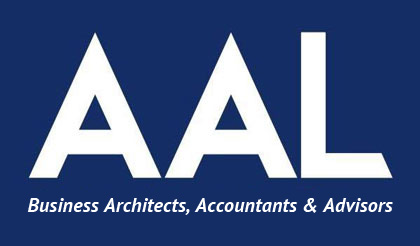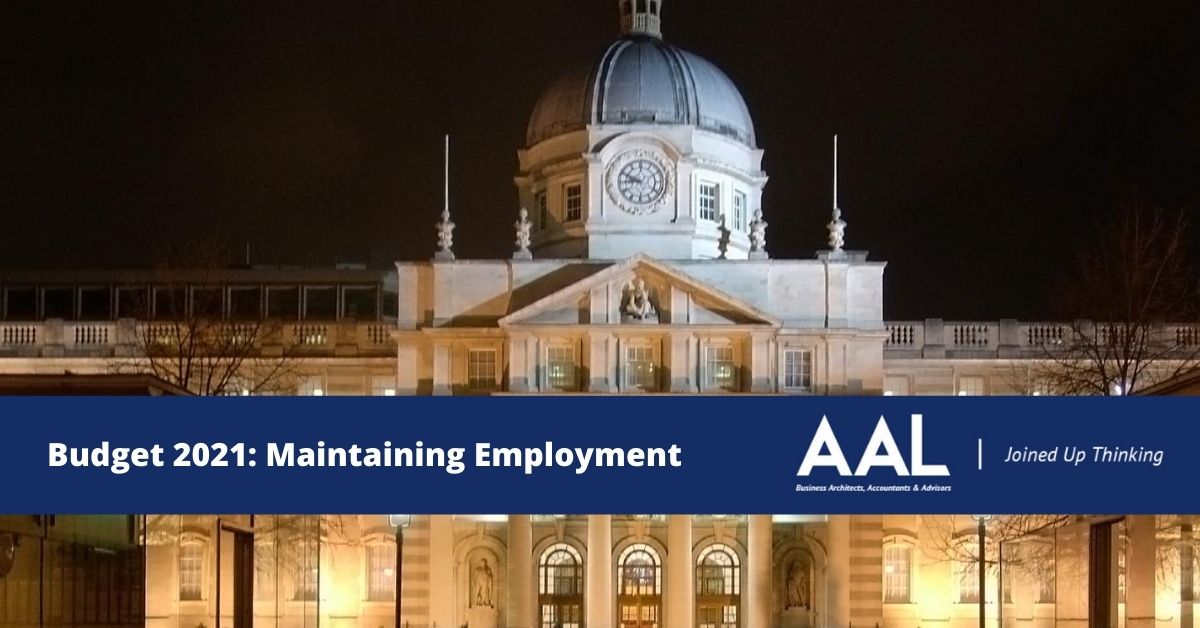The Covid-19 pandemic has had a catastrophic on the Irish employment market. To put this into perspective, let us look at unemployment rates in Ireland in April 2019 and in April 2020. April 2019 saw an unemployment rate of 5.4%, while the rate in April 2020 was a staggering 28.2% (Ref: CSO. Link here). Since the easing of lockdown measures, the Government has rolled out many schemes to get as many people back to work as is possible. However, that mobilisation of the workforce has been hampered by rising case numbers and local lockdowns in the case of Kildare Laois, and Offaly.
Budget 2021, to be delivered by Ministers O’Donohue and McGrath in October 2020 will, without doubt, have a sharp focus on the need to keep as many people in work as is possible and to get as many people as is practical off Pandemic Unemployment Payments and back into employment.
In this look at the upcoming budget, we look at what the Government might seek to do to help businesses return to a form of normality that will enable them to bring staff back and support employment.
Tax Issues in Budget 2021
Many lobby groups and interested parties are advocating that the Government should expand schemes related to the deferral of tax payments and tax debt warehousing. There is an expectation that if this does feature in the upcoming budget that it will also include companies in the Medium category who had, prior to this, been excluded. (In this instance a Medium company is classed as having a turnover of €10 million or less).
It is also expected that interest will not be applied to non-warehoused tax debts including Corporation Tax and Income Tax for a defined period.
There have also been calls to take into account that in many instances employees are operating on reduced wages or reduced hours. In those cases, in an effort to facilitate a transition from Government-funded schemes back to employer-funded payments, there is an argument to increase personal tax credits by €1,000.
Working from Home
Covid-19 brought about the world’s biggest working from home experiment and, despite the naysayers saying it wouldn’t work, it worked. There is now a sense that post-Covid, there will be an increase in employees seeking to remain working from home in Budget 2021. This might be regarded, by Government, as a helpful move to alleviate pressure on public transport in cities and on roads. Therefore, there is an expectation that those employees working from home at least 3 days per week will be given an added tax-credit.
Green Initiatives
The coalition Government can also be expected to introduce a range of environmentally supportive measures that might encourage activity in the construction and energy sectors. Previous schemes introduced in the last recession between 2009 and 2015 saw increases in employment in the construction sector for companies undertaking retrofitting, energy efficiency, and other related schemes.
Overall, maintaining existing employment in the face of the pandemic and the expected no-deal Brexit will have to be a considerable focus of the Budget in October.
We will be looking at expected announcements in Budget 2021 in the month of September. In subsequent blog posts, we will look at issues such as Succession and how the Government might provide budgetary supports for this, support for the SME sector, and taxation issues.
Contact Us
AAL can assist you with any issues relating to potential changes in Budget 2021 and any of the impacts on your company caused by Covid-19. Contact us on 052 6137775, email our Managing Director, Áine Kiely O’Donnell at [email protected]
Budget 2021 Series
You can read our previous articles from our Budget 2021 series, below.
Budget 2021: Cashflow & Tax Relief for Businesses
Budget 2021, to be delivered by the Irish Government in early October will be the most keenly awaited budget for a generation. The unprecedented nature of the pandemic and the demands placed upon the exchequer for the the healthcare system, business supports, the pandemic unemployment payment and the TWSS/EWSS has cast the budgetary process into disarray. Now, as the country battles with rising rates of Covid-19 infection, the respective finance Ministers (Pascal Donohue and Michael McGrath) are tasked with delivering measures that shore up public finances while energising the Irish economy. In this, the third article in our pre-budget series, we look at the cashflow and tax relief measures that might be introduced in Budget 2021. As is now common place, many of the measures listed below have been leaked/briefed to journalists in the weeks ahead of the budget in an attempt to prepare the public for what is to be announced.
Budget 2021: Financial Supports for SME’s
Budget 2021, due to be delivered in October 2020, will be keenly watched by entrepreneurs and owners of small to medium enterprises in Ireland. The sector has been severely impacted by the measures implemented to stem the spread of Covid-19. In particular, sectors such as retail, hospitality, and tourism have experienced catastrophic losses as a result of closures and restrictions implemented since March 2020.




